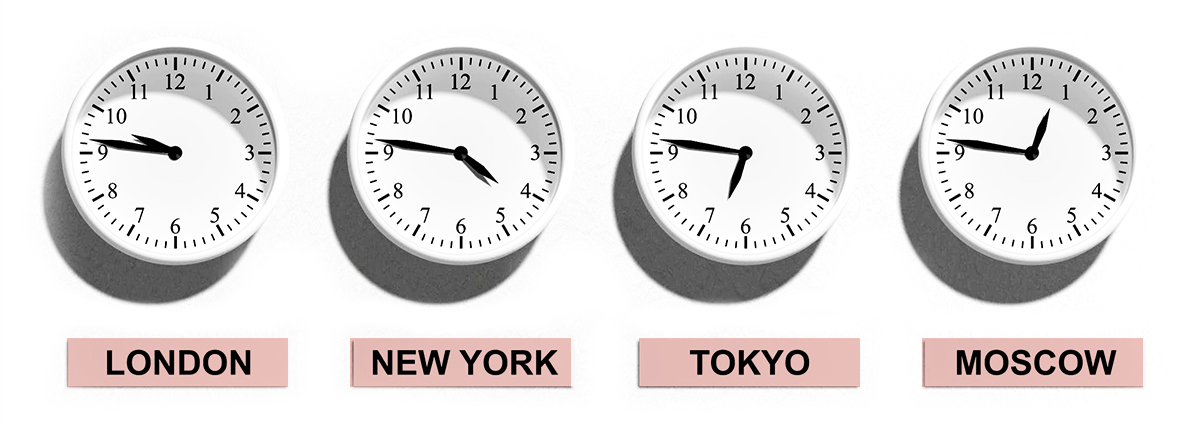I’m often asked, “What’s the difference between a producer and a project manager?”
Excellent question. And like many questions, the answer varies depending on who you ask. These position titles are often used interchangeably by agencies, and expectations for either role vary greatly across industries. This can make things confusing and debatable. No two people have the same description of what a producer actually does.
From my POV, a producer role can be specific and limited or holistic to an entire project or product. Some producers specialize in mediums such as digital or film, while others are integrated and produce all tactics for a campaign or company.

Agencies benefit by employing both project managers and producers if their respective strengths are being properly leveraged.
Producers tend to be a part of the work, often extending the capabilities of creative or technical resources and incorporating consultants or specialists based on the needs of the project. Producers often orchestrate the delivery of assets for a campaign, often videos or websites.
Project managers are usually responsible for managing the high-level oversight of project progress, serving as coordinators to ensure tasks are completed on time and on budget.
Once again, there can be some blurred lines. Smaller shops will often expand with multiple project managers before bringing in a producer, as there needs to be a certain amount of work to justify the role.

Project Quality Is More Than Budget, Timeline, & Scope
Traditionally, project management responsibilities lean administrative in nature. Action items, status documentation, scheduling, budget adherence. Leaders in project management often advance to executive-level operations. In most agencies, a project manager (PM) is encouraged to share opinions, insights, and recommendations. However, it’s not usually expected for PMs to know how someone actually designs, builds, or creates the tactic.
It’s common for PMs to become PMP certified through training and testing on specific rules and guidelines.
· A project manager’s goal is to complete a project within limitations.
· A producer’s goal is to empower and guide the team to complete deliverables.

Wearing The Producer Hat
Producers are involved in crafting and building the work as much as the creative or technical team. The final call is often determined by the producer, be it artistic direction, budget spend, scope flexibility, or what path will be followed to deliver the client what they expect. The value a producer brings to the project is the quality of the final results, which keeps a client coming back.
As a producer, I’m extremely proactive when it comes to preventing roadblocks for my colleagues. It’s important to have the experience that brings foresight into producing videos and websites. Spinning wheels or redoing work is not good. A room of creatives or developers alone will not make a company money. Sometimes that room won’t even bring to the table what a client is looking for. But when managed correctly, the result can be exactly what the client needs.
The skill I am most proud of when leading a team is sparking the ambition to deliver something amazing while also being the one who has to tell people “no.” It’s a delicate dance. There’s an employer and a client I need to keep happy. But I genuinely want the people I work with to feel they’re doing something important – something they can be proud of.
I consider myself a project manager, account manager, strategist, production manager, technical lead, creative director, and most importantly purse-string-holder. When I work with talented people who specialize in one of these areas, I often take a back seat to their expertise – it’s not important I be the best in any specifics, but that I can see the big picture to execute outstanding results.
It’s also common for producers to parallel a product owner role by leading digital teams in defining the project/product vision, managing a backlog, prioritizing and overseeing development, predicting client needs, and reporting progress to the client at each iteration.

Supporting Each Other To Succeed
Producers often partner with account teams to explore growth opportunities, then aid in the creation of proposals and SOWs. We know who to ask the clarifying questions of and where to predict issues. Producers have been there, done that.
It’s important to be involved in the discovery, strategy, or ideation phase of a project to ensure high-level leadership can back out of the project for execution and the producer has an understanding of what’s expected for delivery. Then bring back C-Suite for the presentations and client wowing.
Once action items, milestones, and tactics have been determined, a project manager works with the team to keep track of work – to deliver on time, on budget. Meanwhile, the producer partners hand-in-hand with the team to ensure what’s being delivered is what’s expected, if not better. The devil is in the details.

Along the way, the producer also supports the account team by helping to build relationships with clients and stakeholders through positively sharing updates and asking for feedback.
The producer acts as a third leg of the success stool when it comes to client work:
Leg One : Account Manager
Owns the client relationship and nurtures the relationship to keep money coming in.
Leg Two : Project Manager
Owns the internal process of completing work, task by task, on time and on budget.
Leg Three : Producer
Owns the quality of a project by supporting the other two legs and getting the best result from the team.

Changes: Expecting The Unexpected
As a producer, I’m open to digital, traditional, and whatever comes next down the turnpike. I love finding new solutions, exploring new avenues, and making things that have never been made before.
My project management counterparts tend to view change as a risk to be mitigated, and for good reason. It often is!
But a successful producer understands production processes from a different perspective; be it creative, physical, or technical. We understand the need for flexibility when something of high-value – something revolutionary – needs to take priority over what the rulebook says. How to shuffle things around while keeping the team from going mad. And also to recognize when something is too good to be true.

Project Manager Trigger Warning!
I found this precious pearl while researching opinions on this topic.
😂

Source: Reddit
Just to be clear, I’m constantly reminding colleagues to complete their time sheets as a producer. It’s definitely a professional highlight.
Thanks for reading!
![]()